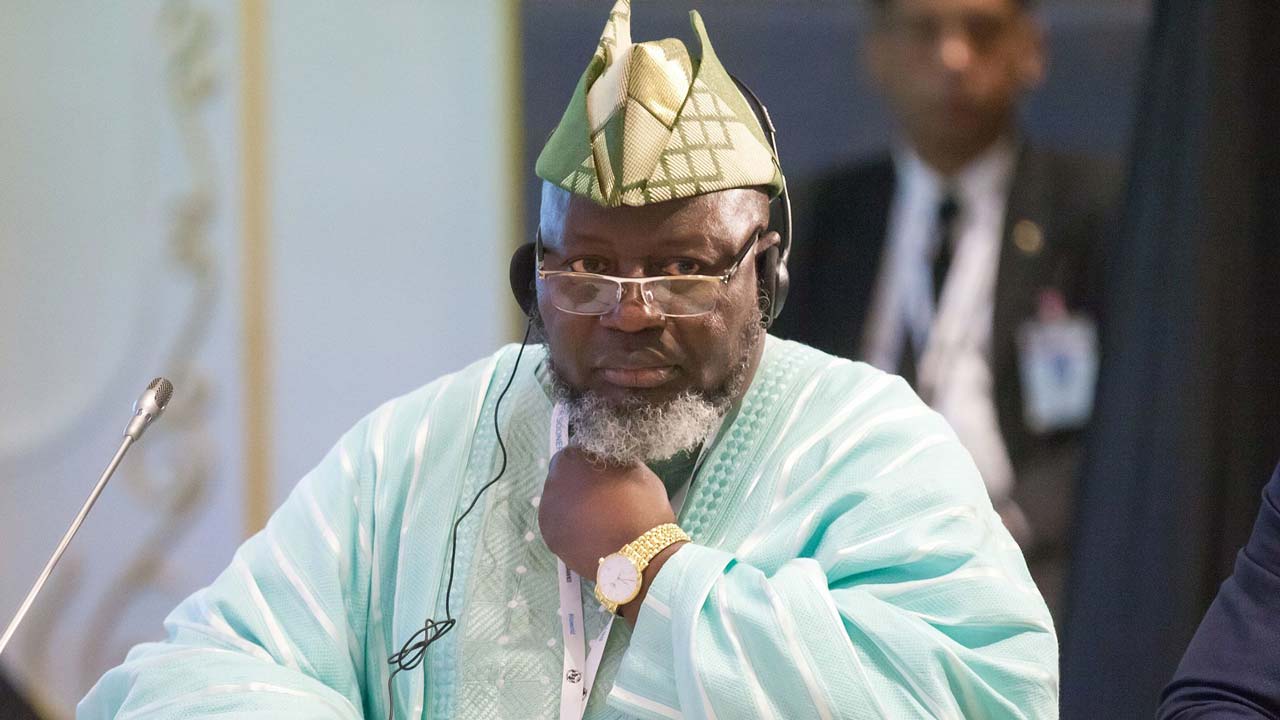- India Invests $10b in Africa as Nigeria Seeks ICT Growth
Through the Indo-Africa trade arrangement, India has facilitated an investment worth about $10 billion to the African Continent in the last few years. According to the Chairman, Telecom Equipment and Services Export Promotion Council (TEPC), Shyamal Ghosh, these investments have brought India closer to the Africa region.
Delivering a Keynote in Lagos, yesterday, at the Indo-Africa ICT Expo 2017, organised by the TEPC in partnership with NASSCOM, themed: ‘Digital Vision of Developing Nations’, Ghosh noted that ICT remains a key area for global development being an enabler of all other growths.
Ghosh said for the development of ICT in Africa, telecommunications should be priotised, stressing that above all, government’s support is critical to making the sector more efficient.
According to him, India is an ideal partner for Africa because of the development the sector has witnessed since its revolution started. The Director-General, of TEPC, Shri Rajesk Kumar Bhatnagar, said the “Digital Transformation is the need of the time for all the developing world and nations in Africa and India to share their experiences on embracing digital technologies, digital competencies, digital literacy for re-inventing lives, and changes covering all aspects of human society in the respective nations.”
In his address, Nigeria’s Minister of Communications, Adebayo Shittu, called for greater collaboration with India to boost the country’s ICT sector.
He said the partnership would ensure that Nigerian businesses tapped into the reservoir of knowledge among their Indian counterparts, and develop technology-based solutions for the Nigerian, African and even the global market.
According to him, there are numerous opportunities for partnerships between both public and private sector of Nigeria and India. ”I implore Indian investors to explore areas to further enhance the lives of our people through technology.
”Nigeria has huge unmet ICT demand and businesses that were apprehensive till some time back have realised the potential of ICT and are willing to invest in this sector.
”The unrealised ICT demand in Nigeria offer huge opportunities for Indian companies, arising in segment such as products and services related to mobility, security solution, telecommunications, education, capacity building among others,” he said.
Quoting the International Telecommunication Union (ITU), Shittu said out of the 940 million people living in the least developed countries, most of them being in Africa, only 89 million people use the Internet, corresponding to a 9.5 per cent penetration rate.
He said that ITU had projected that by the end of 2017; only 50 per cent of the households in developing countries would have access, compared with more than 80 per cent in the developed countries.
According to him, these statistics are a clear call for the need to identify opportunities for collaboration, sharing best practices, and exploring inclusive technologies to drive the world into a truly connected community.
”For business people looking forward to investing in Africa, Nigeria offers the best opportunity for your hub activities.
”We have a robust economy with many opportunities for collaboration, a well educated population, pro-investor policies and focus, and when we mean business, we mean big business.”
”Our commitment towards ICT innovations has made Nigeria well known in the tech space, as today, we have over 145 million mobile subscribers, representing a penetration of 85.5 per cent, while internet penetration rate stands at about 70 per cent,” he said.
The minister identified Nigeria as the fastest growing ICT market in Africa, and worldwide, which he attributed to the improving business environment.
Shittu noted that India had proven its capacities in the ICT sector, and is acknowledged as a preferred destination for services and outsourced research and development.


 Forex2 weeks ago
Forex2 weeks ago


 Naira1 week ago
Naira1 week ago
 Naira4 weeks ago
Naira4 weeks ago
 Company News4 weeks ago
Company News4 weeks ago
 Billionaire Watch1 week ago
Billionaire Watch1 week ago




 Naira2 weeks ago
Naira2 weeks ago




 Naira1 week ago
Naira1 week ago




 Naira3 weeks ago
Naira3 weeks ago





















